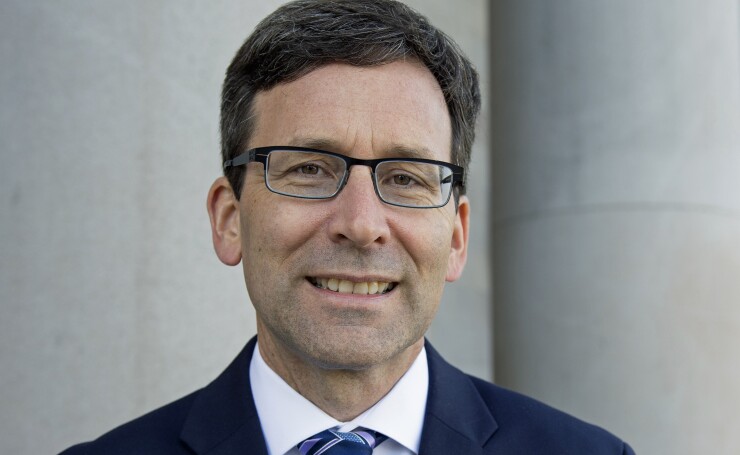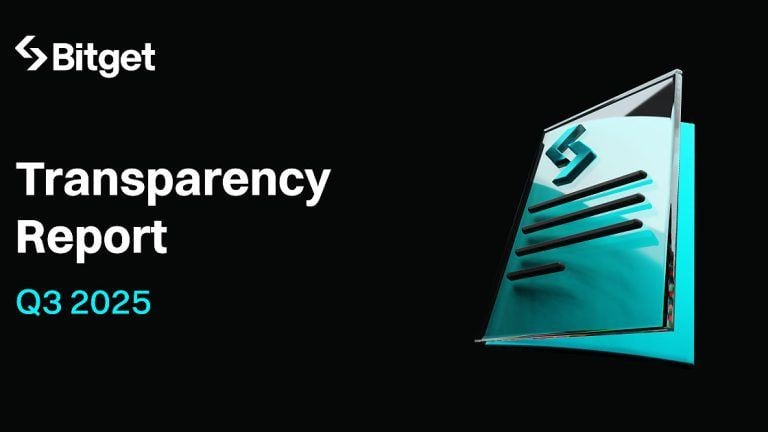Washington defends challenge to two-year-old state capital gains tax
4 min read

The state of Washington filed a brief with the U.S. Supreme Court in an ongoing battle to defend the capital gains excise tax lawmakers approved in 2021.
In Quinn v. Washington, the plaintiff, Chris Quinn, has asked the high court to review its case and overturn the Washington State Supreme Court’s 7-2 March ruling that upheld the tax.
The tax passed by the state legislature’s Democrat majorities in 2021 moves the state toward a more progressive tax structure. It is expected to bring in about $500 million in annual revenue through a 7% tax on the sale of financial assets such as stocks and bonds if taxpayers reap profits over $250,000. It does not apply to real estate or retirement accounts.
Office of the Attorney General
The state has no personal or corporate income tax.
“Washington’s capital gains tax helps right an upside-down tax structure where low-income Washingtonians ultimately expend a much larger share of their income in taxes than our wealthiest residents,” Gov. Jay Inslee said in March when the state Supreme Court upheld the tax.
In a brief filed Friday, Washington Attorney General Bob Ferguson asked the U.S. Supreme Court to turn down the request to hear the case arguing that the individuals challenging the state’s capital gains tax lack standing to bring a petition, because they have not shown they ever paid the tax, or were harmed, and also have misrepresented the question the court would need to decide.
The Evergreen State is one of forty-two states that apply an excise tax on certain capital gains earned by their residents, Ferguson argued. The only difference is that Washington does not have an income tax, he said.
The tax applies to “gains earned from sales of tangible property in Washington and sales of intangible property (e.g., stock) anywhere by Washington residents,” Ferguson argued. “Petitioners effectively concede that these applications of the tax are constitutional.”
To prevent tax evasion, Ferguson argued, the tax also applies to gains earned from selling certain tangible property removed from Washington during the tax year.
“Petitioners challenge this aspect of the tax even though (1) they have offered no evidence that they paid the tax at all, much less on out-of-state sales; (2) they have not cited a single case invalidating anything like Washington’s tax; (3) the tax provides credits to ensure that Washingtonians do not face double taxation on the same gains; and (4) other states’ capital gains taxes likewise apply to gains earned by their own residents from these types of transactions, so Washington’s tax is substantively indistinguishable for Commerce Clause purposes,” Ferguson argued.
Several organizations filed a joint friend of the court brief last week supporting Quinn’s efforts to overturn the tax. They included: the Citizen Action Defense Fund, the Association of Washington Business, the National Federation of Independent Business Small Business Legal Center, Inc., the Washington Trucking Associations and the Ethnic Chamber of Commerce Coalition.
The state Supreme Court’s decision to uphold the tax “has grave implications for Washington taxpayers and the nation’s system of state taxation,” argued attorneys Robert Maguire in the Seattle office of Davis Wright Tremaine and David M. Gossett, counsel of record in the Washington D.C. office of Davis Wright Tremaine, in the brief opposing the tax.
The groups represented by Maguire and Tremaine represent individual and small business taxpayers in the state and beyond “who are negatively affected by Washington’s novel capital gains excise tax,” according to Maguire and Gossett’s amicus brief.
“The organizations’ members have invested their personal resources in developing businesses that provide jobs to hundreds of thousands of individuals throughout the state,” Maguire and Tremaine argued. “Without these investments, the state and local economies will suffer.”
The tax creates a significant risk of double taxation of intangible assets, according to the brief filed by Maguire and Tremaine, who argue that the state’s “novel” approach of taxing capital gains via excise tax will damage the state’s business environment and significantly complicate tax compliance.
“In terms of its effect on interstate commerce, Washington’s tax is nearly identical, but because Washington has no income tax, its capital gains tax is structured as a standalone excise tax,” Ferguson argued.
“Washington’s tax applies to fewer out-of-state gains than do the capital gains taxes of other states, and Washington offers a full credit if another state has taxed the same gain,” the attorney general’s brief said.
“Petitioners’ claim here is that Washington’s tax violates the dormant Commerce Clause when applied to gains earned from sales outside of Washington, but they have not shown that they owe the tax at all, much less based on out-of-state sales,” Ferguson argued. “They thus can show no injury from the aspect of the tax they claim is unconstitutional. They lack standing.”







